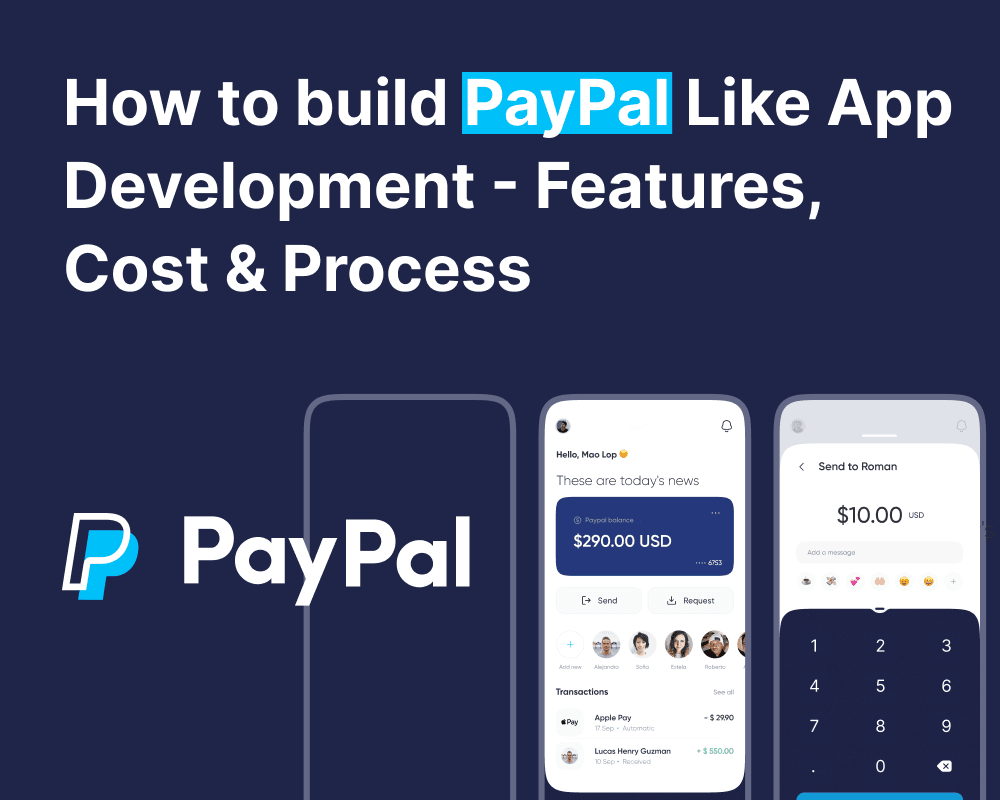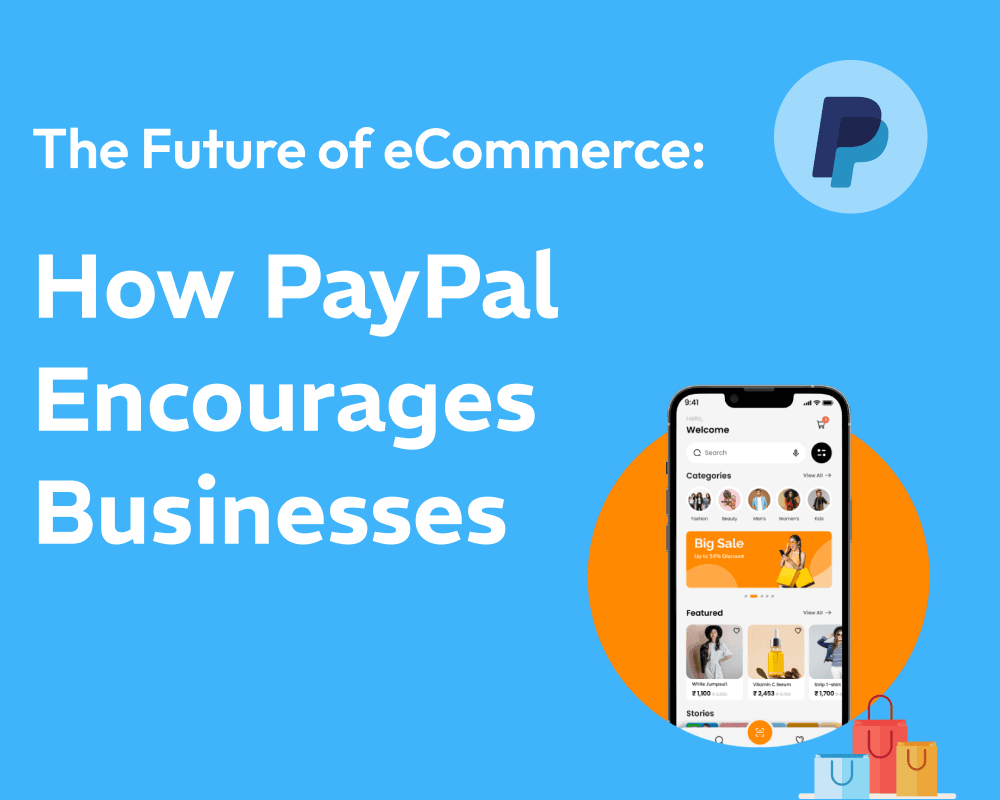In the digital era, having a mobile app for your business is no less than a luxury. It helps your business go live and offshore. Building an app requires expertise and choosing the right mobile app development company can fasten the process 2X times. Continue reading to learn more about each step in the app development company process.
1. Generate A Concept
Before beginning the actual app development process, you must have a clear understanding of the purpose, functionality, and ways in which your app will benefit consumers. Assess its alignment with your long-term vision or company objectives.
2. Recognize Your Target
Decide who your target audience will be. Create personas to better understand your app’s intended user base and the platforms they use. Think about the kind of software that people will want to use again.
3. Make An Investigation
Given the millions of applications accessible today, market research is crucial to understanding how your app will stand out from the competition. Being aware of what your rivals are currently doing might give you an advantage and help you understand what you could face.
Start by investigating the applications currently available in your niche through market or industry research. This may also assist you in figuring out what features or functions will make your app stand out. To find out what prospective consumers need or what their pain points are, you may also consider conducting interviews with them or asking for their input.
4. Make Wireframes & User Journeys
A user experience (UX) designer, working with other specialists like a digital strategist or information architect, will draft a wireframe and arrange the steps users will take to accomplish the intended activity after you have determined the purpose and features of your app.
A mockup is a comprehensive schematic of an application’s look and how its features and functions fit into the overall design. Colors, typefaces, images, the basic layout, and other visual components are often used in mockups. When done correctly, a mockup ought to provide the development team with a notion of the app’s appearance and functionality.
5. Develop an Application in a Test Setting
Following that, app developers start developing the platform and then do the real work. They need to do this in a test environment to ensure testing throughout the whole development process.
When choosing and working with a mobile app development company, it’s best to use a password management application to keep your working files safe. This will not only make your workspace safer but also enable your team members to access files from a distance when needed.
An app’s security is a crucial factor to consider. To ensure security, enable secure source code, carry out penetration testing, and validate input. It’s also essential to take further precautions, such as verifying that HTTPS and SSL/TLS security layers are implemented.
6. Test Every Feature
As we previously said, every mobile app should be tested hundreds, if not thousands, of times while it is being developed. Comprehensive testing by a QA specialist is essential to guarantee that each feature functions as intended.
Developers will be able to address any bugs discovered in the test environment before the app’s release, guaranteeing that customers won’t know they’re there.
7. Make Mockups While Keeping The Visual Design Element In Mind
After you’ve compiled a feature list, you can begin designing prototypes of your app’s possible user interface. Before making a mockup, begin with a preliminary drawing. While creating a mockup, you have to think about how your users will see and utilize your app.
Remember to create an appealing visual design for your application. You can collaborate with a graphic designer with UI/UX expertise while creating it.
8. Create A Marketing Strategy
An essential component of developing an app is creating a marketing strategy. In what other way would you publish your software and encourage consumers to not only see it but also download and use it? Ideally, it would help if you started working on your marketing strategy even before you release your app. Create a website, post about your app development process on social media, or use an email list for visitors or customers to generate excitement about it before it launches.
9. Create Your Application
You may begin coding as soon as you have mastered the fundamentals. However, you may want to consider a few important elements, such as front-end and back-end development, before you begin creating code. A test environment must also be created for execution.
10. Repeatedly Test And Get Feedback
Testing your app repeatedly is essential if you want it to succeed. You’ll need to test your app’s front-end and back-end functionality, device compatibility, possible integration problems, installation and storage concerns (such as how big your app is or if it will download to the appropriate device), and other aspects.
It is necessary to have test users utilize your app after testing to obtain user input and determine what additional features your future clients may want. Furthermore, obtaining input should continue after the testing stage. Users’ input may still be gathered after the app launches.
Please pay Attention to Feedback: It’s crucial to remember that app development is a never-ending process. There will be specific comments, ratings from users in app stores, issues, and sometimes requests for additional functionality from companies.
This implies that a new program version must be created, sent to current users and the app stores, and may include minor bug fixes or a significant upgrade.
To put it simply, pay attention to what your audience has to say. Check out the app store’s comments area, the forums that your users often visit, social media, and any other possible places where people may leave reviews online. Choose the best mobile app developer.
Conclusion
Before choosing a mobile app development company, keep all the points in mind and then analyze them to precision. Additionally, keep reading the case studies so that you will get a good idea about how to get your app developed and the features that are to be included in it.





